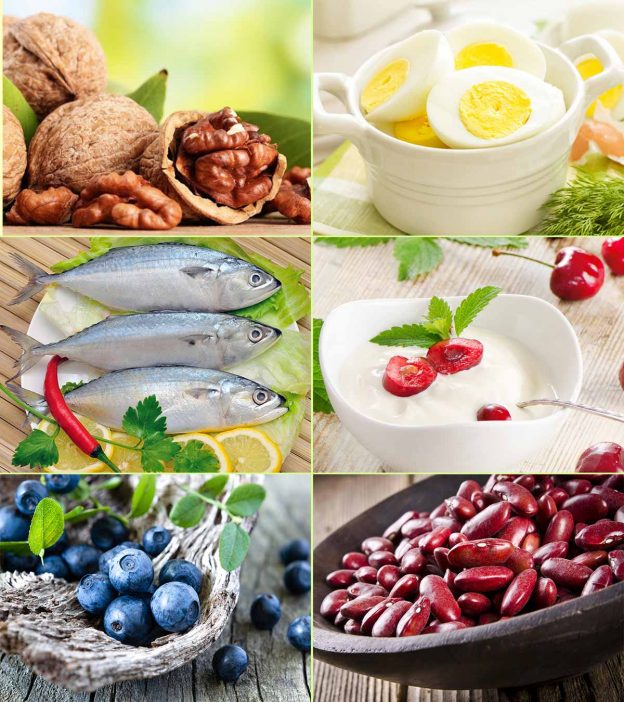
As a new mother, you want to give your baby the very best start in life, and that includes feeding them foods that will promote healthy brain development. The first years of your child’s life are critical for their brain development, as this is when the brain is at its most malleable and capable of forming new connections.
Table of Contents
Omega-3 Fatty Acids
Omega-3 fatty acids are essential for brain development, particularly DHA (docosahexaenoic acid), which makes up a significant proportion of the brain. DHA is also important for the development of the eyes and nervous system.
Breast milk is an excellent source of DHA, but if you’re not breastfeeding, you can still provide your baby with this important nutrient by giving them a formula that is fortified with DHA. Alternatively, you can introduce solid foods that are rich in omega-3 fatty acids, such as oily fish like salmon and mackerel or flaxseed oil.
Iron
Iron is essential for healthy brain function as it helps to transport oxygen to the brain. Iron deficiency in babies can lead to developmental delays and poor cognitive function.
Breast milk provides all the iron a baby needs for the first six months of life, but after that, solid foods should be introduced to provide additional sources of iron. Good sources include meat, beans, lentils, fortified cereals, and leafy green vegetables.
Vitamin D
Vitamin D is important for healthy brain development as it helps to regulate the absorption of calcium, which is essential for strong bones and teeth. Vitamin D also plays a role in brain cell growth and function.
Breast milk contains some vitamin D, but it’s not enough to meet your baby’s needs. Formula-fed babies should receive a formula that is fortified with vitamin D, and breastfed babies may need to receive a vitamin D supplement if they are not getting enough through their diet.
Choline
Choline is a nutrient that is important for brain development, particularly the development of memory and learning. Choline is found in breast milk, but formula-fed babies may not receive enough of this important nutrient.
Good sources of choline include egg yolks, liver, and soybeans. Fortified breakfast cereals and infant formulas may also contain choline.
Zinc
Zinc is important for healthy brain development as it helps to create and strengthen the connections between brain cells. Zinc also helps to regulate the immune system and promote healthy growth and development.
Good sources of zinc include meat, poultry, fish, beans, whole grains, and fortified cereals.
Conclusion
Feeding your baby a healthy and balanced diet is essential for their overall growth and development, but it’s particularly important for their brain development. By incorporating these foods into your baby’s diet, you can help to give them the best possible start in life.
Frequently Asked Questions
Q: What foods can I give my baby to promote healthy brain development?
A: Foods that are rich in omega-3 fatty acids, iron, vitamin D, choline, and zinc are all important for healthy brain development. Good sources include oily fish, meat, beans, lentils, fortified cereals, leafy green vegetables, egg yolks, liver, and soybeans.
Q: What should I do if I’m not breastfeeding?
A: If you’re not breastfeeding, you can still provide your baby with important nutrients like DHA and vitamin D by giving them a formula that is fortified with these nutrients. You can also introduce solid foods that are rich in these nutrients.
Q: Can I give my baby supplements?
A: In some cases, your baby may need to receive a supplement if they are not getting enough of a certain nutrient through their diet. Talk to your pediatrician about whether or not your baby needs a supplement.
Q: Are there any foods I should avoid feeding my baby?
A: Honey should be avoided for the first year of life as it can contain spores that can cause botulism in babies. Cow’s milk should also be avoided for the first year of life as it doesn’t provide all the nutrients that a baby needs.
Q: When should I introduce solid foods?
A: Solid foods should be introduced around six months of age, but you should talk to your pediatrician to determine the best time to start solid foods for your baby.
